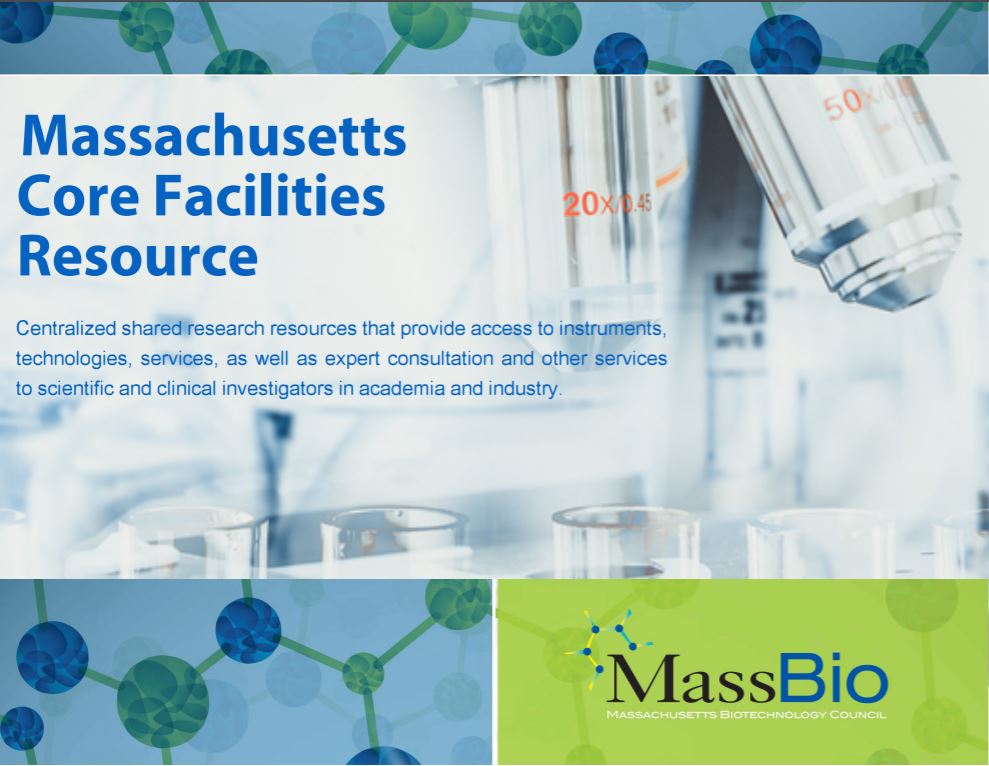
Ahead of our October 18th members forum, Getting to the Core of Core Facilities: How Cores Can Help Accelerate Drug Discovery & Development, I spoke with Ramesh Narayanaswamy, Senior Manager of Partners Research Core Facilities Office at Partners Healthcare System. This forum will provide an overview of the value of Core Facilities and present a profile of four local Cores as well as the opportunity for attendees to meet other Core representatives from facilities located in Massachusetts. In preparing for this forum, I produced a Core Facilities resource list which you can download here.

The goal of the forum is to broaden awareness of the role that Core Facilities play in medical research and innovation, to introduce our audience to key contacts and provide deeper insights as to the unique capabilities and value of the various core facilities in the area.
Ramesh, could you begin by telling me what Core Facilities are? Why are they called Cores?
Centralized resources for scientific expertise, instruments or both is often referred to as cores. They are called cores since they are centralized facilities (core-like the core of an apple) that enable research, though the correct term should be Centralized Biomolecular Research Facilities. The association of most Biomolecular Research Facilities in North America and Europe is Association of Biomolecular Research Facilities, ABRF (https://abrf.org/). ABRF works with NIH in establishing various policies relevant to cores operation.
Who are the primary users of Core Facilities? Why do Cores offer their services to external parties? What is their value in getting new medical innovations to patients?
This is a three-part question accordingly the answer is divided into three parts and numbered 1,2 and 3.
- Primary users of Core facilities are investigators of the Institution that hosts a core facility.
- Partners Healthcare owns and operates hundreds of millions of dollars-worth of biomedical research equipment at its research and teaching hospitals. To ensure maximum utilization of this important and highly specialized equipment and expertise, Partners has launched its Biomedical Core Research Facilities marketing initiative. It makes research equipment, investigators’ expertise, and technical knowledge available to the greater Boston biomedical research community, including start-ups and incubator labs.
- Cores not only help scientifically but also help stretch research dollars, which will ultimately benefit patient care. Key benefits that cores provide are:
- Reduces duplication of the purchase of expensive instruments
- Cores can be a resource for specialized technical knowledge
- Strengthen grant applications as guarantor of techniques and resources not available normally in a PI’s laboratory
- Valuable resource for younger PIs with limited funding
- In the era of personalized medicine, Core facilities can offer and do offer critical analytics for informed decision making
How do you work with your clients? Do you have established protocols, or do you take a tailored approach to research delivery? What other ways are you customer-centric?
External clients may order services through Partners website or contact the cores directly through the contact information on the website. We do not use “one size fits all “approach. Since the requirements of each client might be highly nuanced we ask the clients to talk to the core Director before ordering a service, who can tailor the service and deliverables timeline to client’s needs. If a client has difficulty in finding the right core they may contact Partners Research Core Facilities Office at PHSResCoreFac@partners.org and we will find a match for the client.
What is the role of the scientific experts that run a Core to its clients? How can they benefit a clients’ research?
Scientific experts who run a core facility are fully responsible for the services and the science behind the services of a core. Many of the Partners Core Directors are internationally reputed scientists whose expertise might be of help to clients.
Do you partner / work with other Cores outside of Partners?
There is no formal agreement yet but major Academic Medical Centers within Partners (namely Massachusetts General Hospital, Brigham and Women’s Hospital, McLean Hospital and Massachusetts Eye and Ear Infirmary) are also teaching hospitals of Harvard Medical School (HMS). There are collaborations with other HMS affiliated teaching Institutions especially with Dana Farber Cancer Institute.